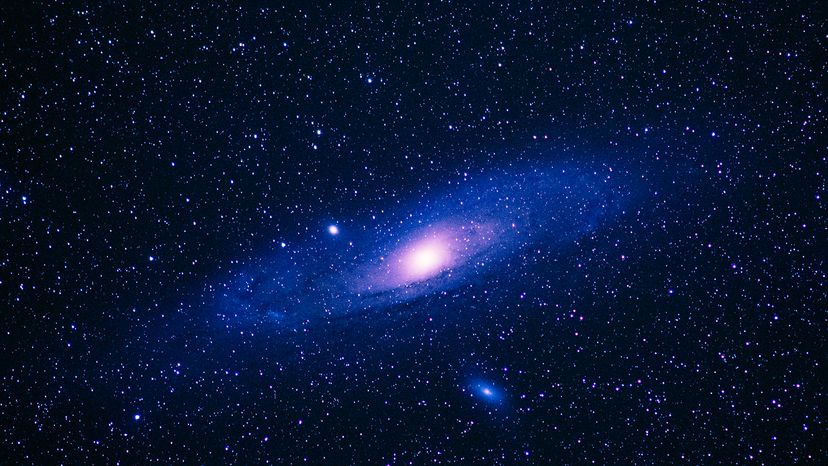Galaxy App is a Python library that simplifies interaction with a Galaxy server — a powerful platform for accessible, reproducible, and transparent computational biomedical research.
This library helps developers easily create applications or workflows that communicate with Galaxy instances through a Pythonic interface.
You can install the galaxy-app package using pip:
pip install galaxy-appNote: It is strongly recommended to install this package inside a virtual environment to avoid conflicts.
# Create virtual environment
python3 -m venv venv
# Activate it (Linux/macOS)
source venv/bin/activate
# Activate it (Windows)
venv\Scripts\activateThen install:
pip install galaxy-appHere’s a simple example to connect to a Galaxy instance and list available tools:
from galaxy.app import GalaxyApp
# Connect to your Galaxy instance
app = GalaxyApp("https://usegalaxy.org", api_key="YOUR_API_KEY")
# List all tools
tools = app.tools.list()
for tool in tools:
print(tool["name"])💡 Replace
"YOUR_API_KEY"with your actual Galaxy API key. You can get this from your Galaxy user account (usually under "User > Preferences > API key").
git clone https://github.com/iCog-Labs-Dev/galaxy-app.git
cd galaxy-app
pip install .Then
python -m galaxy_app- Connect to any Galaxy instance using API key
- List available tools and workflows
- Submit jobs to Galaxy tools
- Retrieve job status and results
- Manage datasets, histories, and workflows
Currently, the package has limited documentation. You can start by exploring:
- Galaxy-app Vs Bioblend
- Galaxy API docs
- Source code (GitHub page if available)
- PyPI page
- Authentication error: Make sure your API key is valid.
- Connection error: Ensure your Galaxy server URL is correct and accessible.
- Missing dependencies: Ensure you are using a compatible Python version (usually Python 3.6+).
As of now, contributions may not be open, but if any issue open, feel free to fork the project and explore the code.
If you're new to Galaxy or bioinformatics pipelines in general, consider reading:
